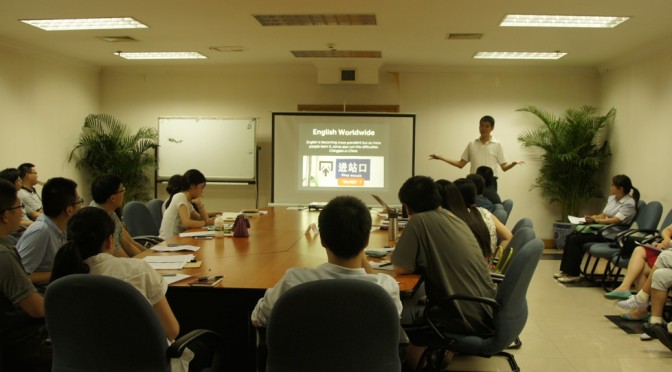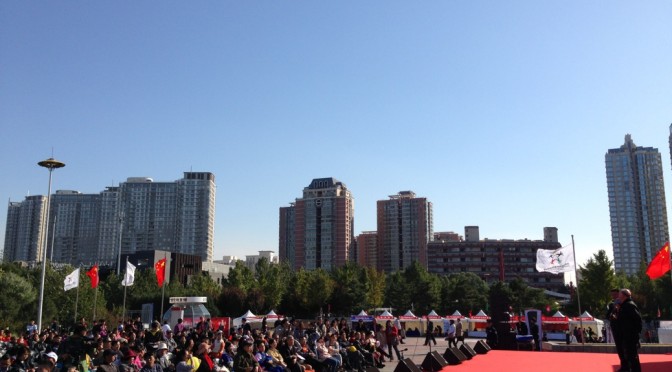All change, please!
This post has been updated and is now on a new version of this site.
This notice will remain online until 20 September 2016.

All change, please!
This post has been updated and is now on a new version of this site.
This notice will remain online until 20 September 2016.
All change, please!
This post has been updated and is now on a new version of this site.
This notice will remain online until 20 September 2016.

Unfortunately, it’s not written (100%) in Swiss-German — but then again, as someone versed in English, that’s not all bad news. s’wärä do scho nöd iifach, öppis immer uf Schwiizerdütsch go läsa, gäll? (It wouldn’t have been easy to read something that was always in Swiss-German, right?)
Unable to keep my Helvetic beak shut, and knowing that I have already polluted Facebook with a crass excess of posts about my Swissness (some of us in London would rather not think about the TV Licence Fee, for example, but a Swiss pays it the moment he’s sure the TV is working normally — these Swiss sure stick by the rules!), I decided the best place for these views from the Alps and beyond would be — on a separate blog.
My story as a Swiss is very unique. In 1988 I came into this country as a foreigner (bearing a Chinese passport). In 2000, through a somewhat odd mix of spending crucial years as a teen in Switzerland, as well as mastery of Swiss-German, I became Swiss. To me, holding a Swiss passport for the first time in August 2000 was surreal. But real, too, because I had grown into the Helvetic environment. For the longest time I had planned to stay in Switzerland as a Swiss, not willing to budge from the Zürich area. But then, a complete move of the family back to Beijing meant that I was suddenly a Swiss abroad. This was first as a Swiss abroad in remote countries (China), then being one where we could meet more of our pack (in the EU; specifically, in the UK). It was and still remains a weird and wonderful experience, looking Chinese — with a Swiss passport bearing the name David Feng in my hands.
Unlike other English-language blogs about Switzerland, this one is neither run by government, nor by Anglophone Swiss-watchers. You’re looking at the country from a completely unique point of view: as someone who started out as an Ausländer (foreigner), then becoming a naturalised Swiss citizen (Schweizer), then finally joining the ranks of the Swiss abroad (Auslandschweizer), first in the “remote foreign lands”, then back in Europe. These are views which are very much unique — from someone with an Asian face ticking to the way the average Swiss would do things.
These include not crossing streets on a red light, not putting feet on train seats, paying all bills in good time, and getting the wife from China not to cook late-night specials at anything louder than 70 decibels in the kitchen. These also include never writing anyone (except for close friends) on Sundays (certainly never for business purposes), and firm observation of the rule of the road — to extents you drive your fellow drivers in Beijing up the wall.
8152blog.ch is where it’s all at. I’ve named this blog after the Swiss postal code for the town of Opfikon, where I lived for well over a decade. Updates come now and then (like full-run S2 trains on the Zürich suburban railway network), but when they do come, I hope you enjoy them (en guete mitenand!).
All change, please!
This post has been updated and is now on a new version of this site.
This notice will remain online until 20 September 2016.

All change, please!
This page has been updated and is now on a new version of this site.
This notice will remain online until 20 September 2016.

The Chinese government can at times be one of more difficult “group of students” to talk to, and it’s here in China, more than anywhere else, where a solid track record and years, if not decades, of experience, will probably be much more in your favour than anywhere else. Having solid (but also legal!… as in “non-corrupt”) relations somewhere in the system will also work in your favour.
It took me over 10 years of Chinglish-gazing around the country to be shown the right people to that one classroom in the Foreign Affairs Office of Beijing’s most internationalised district, Chaoyang, where people came in the evening hours of 15 July 2014, to listen to me speak about Chinglish — and how to fix it. For around an hour, I briefed around 20 people, most of them quite visibly enthusiastic, on how these mistakes were made, where they were often made, and how they could be best corrected. To ensure learners were best versed into the English language, even the introduction by the district’s foreign office itself was in English.
This was my first go at teaching an “all-government” audience, but if you could hold a microphone in front of thousands of unknown faces, you could do the same in front of 20 mandarins without a mic. I was happy to have helped the district of Chaoyang, home to many expats and embassies, improve their English in the run-up to hosting the APEC summit later that year.
Please be informed that, with immediate effect, David Feng will be sending all messages sent from his email accounts to a dedicated email inbox — sent at davidfeng dot com. (This will either be as a CC or a BCC recipient.)
This email account is under full control of David Feng — maximum measures are being taken to ensure that both this account is safe and that any impact to your privacy, especially those which may put you at a disadvantage, is kept to a minimum.
After Cablegate, Prism, and Heartbleed, the Internet is suddenly a much less safe than initially thought. However, please rest assured that David is doing his most to ensure that your messages are safe and the mere act of “self carbon-copying” messages to David’s sent-messages email inbox will not result in any spam or undesired messages as a result of this.
The reason this account is being set up is that David moves between different machines a lot, and so far it has been very difficult to synchronise sent boxes from David’s main accounts. Also, at times, previously sent messages have to be referred to. The presence of a “sent messages inbox” will solve any problems in referring to past communications.
Please do not write directly to this “sent messages inbox” — systems are being set up to automatically mark all sent messages as “read”.
David thanks you for your understanding, apologises in advance if this should cause you any inconvenience, and remains happy to hear from you via email.

All change, please!
This page has been updated and is now on a new version of this site.
This notice will remain online until 20 September 2016.

All change, please!
This post has been updated and is now on a new version of this site.
This notice will remain online until 20 September 2016.

All change, please!
This post has been updated and is now on a new version of this site.
This notice will remain online until 20 September 2016.